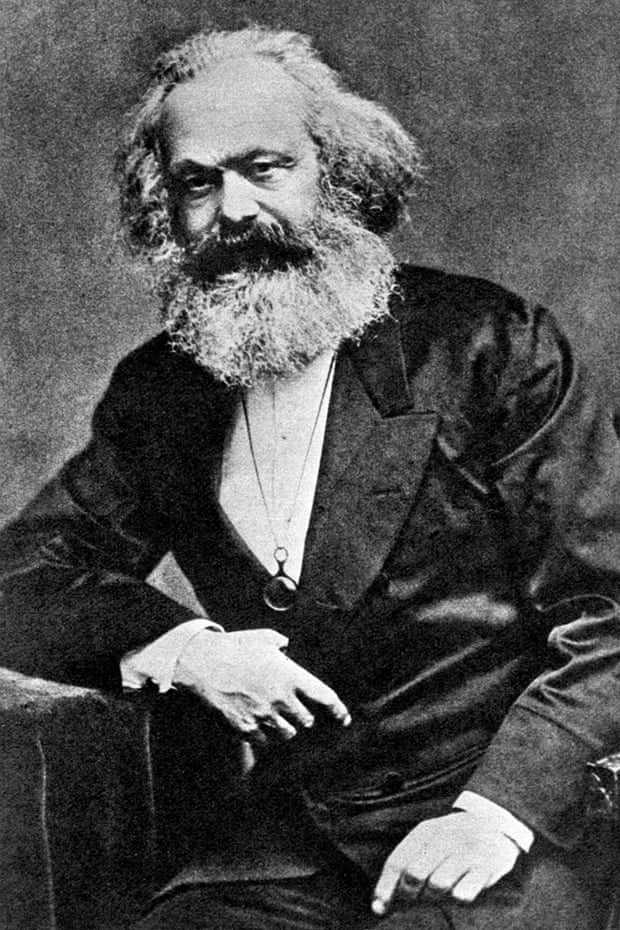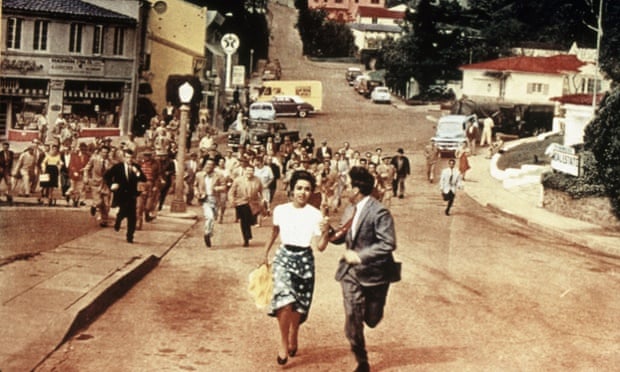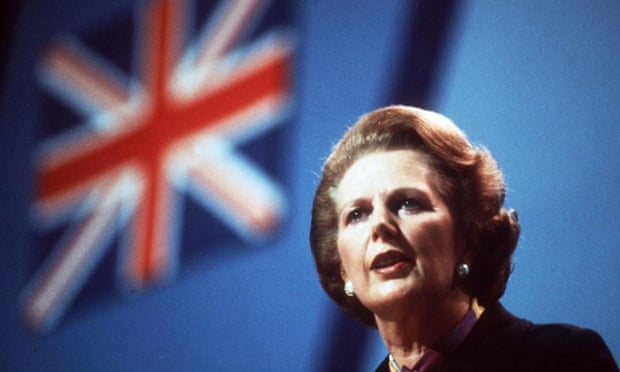What exactly is momentum in sport and how relevant is it? Do New Zealand's cricketers have enough momentum to carry them past Australia this weekend? Can momentum overcome talent?
Essentially momentum is form and confidence. It is usually associated with a winning streak, a succession of performances that either truly reflect ability or, better still, lift that ability beyond its norm. This is presently the case with Brendon McCullum, whose bravado is driven by the need to prove to his team that anything is possible. He wants them to play without inhibition of any kind and if that means breaking boundaries (metaphorically and literally) then so be it. This is because most cricketers play with traffic in their head. The game bares heart, mind and soul. Insecurity, affectation and failure are the enemies. The enemies play tricks and cause confusion. A clear head is the holy grail.
McCullum might as well be saying: "If you think you can or you think you can't, you are probably right."
In Riding the Wave of Momentum, American author Jeff Greenwald says: "The reason momentum is so powerful is the heightened sense of self-confidence it gives us. There is a phrase in sports psychology known as self-efficacy, which is simply a player's belief in his or her ability to perform a specific task or shot. Typically, a player's success depends on this efficacy."
I once asked Andy Flower what he thought was the most important part of his job as the England coach. He said it was to have the players ready and able to make the right choices under pressure. This caught me off guard but the more I thought about it, the more it made sense. Single moments define cricket matches. At critical times these may be any one of a brave shot made, or one not attempted; a brilliant ball that outthinks the batsman; smart anticipation by a fielder that leads to a run-out; a masterly move by the captain who understands what the opponent likes least.
Flower felt that for a period under Andrew Strauss, England consistently made good choices. This led them to become the No. 1 team in the world. The flaw in Strauss' team was the formulaic nature of the play. If an opponent had the mind to challenge it, and the efficacy to pull it off, the England team seemed oddly unable to react. Witness Hashim Amla's 311 at The Oval, during which Graeme Swann, a key figure for Strauss, was so comfortably played from a guard on and outside off stump. In all the time I watched Swann bowl, I never saw him so witless in response. And by such a simple tactic!
During a momentum shift, self-efficacy is very high as the players have immediate proof of their ability to match the challenge. They then experience subsequent increases in energy and motivation that lead to a feeling of enthusiasm and control. The corollary is that a sportsman's image of himself changes. He feels invincible, which, naturally enough, takes him to a higher level.
David Warner is a good illustration of this. First a devastating T20 batsman, then a prolific Test batsman and now an intimidating 50-over batsman. With the various ages of Warner have come a variety of changes - some to technique and application, some to attitude, others to fitness, health and lifestyle. His momentum has run parallel to the improved performances by the Australian team. This is no surprise. They go hand in hand. The trick for Warner now is to retain - some might say regain - humility.
In his formative years Robin Smith was coached by the highly intelligent former Natal player Grayson Heath. Probably Robin was over-coached. Heath grooved technique and shot execution. But he did not free the mind. This is less a criticism than a reflection of the time. It was a more respectful age, both in society and of bowlers, whose examination of technique was greater than it is now.
Heath - a wonderful man, with cricket set deep in his soul - would marvel at McCullum, or AB de Villiers, as much for their carefree approach as their inspirational effect. Heath preached an equation: A + H = C. Arrogance plus humility equals confidence. Both de Villiers and McCullum perfectly reflect the equation. Humility in a sportsman is paramount. Without humility, momentum will easily be derailed. After all, momentum is winning and no person or team wins all the time.
The key to not losing momentum is to retain perspective and to remain grounded. Why do Chelsea, dominant in the Premiership, suddenly concede four goals and lose to Bradford in the FA Cup? I wasn't there but the fair bet would be indifference (inexcusable) or complacency (believable). Hard as José Mourinho must work to avoid this, even he cannot invade the heads of his players and correct them in a season of some 60-odd matches.
The other explanation for such a defeat is fatigue. Mourinho watches this closely but tends to play his MVPs for long stretches. No sportsman can beat fatigue. It is inevitable. The point is that you will lose some time. How you lose is what matters. Did you cover all bases? If so, momentum need not be lost.
The test for New Zealand, though it may not apply to Saturday's group match, will be to deal with the pressure of an event that troubles the mind. Australian cricketers trouble the mind. McCullum's assault against England was a real f*** you of a performance. It said to his men: "They are not worthy." Had he got out cheaply, it would have said the same dismissive thing - like his approach in the chase against Scotland. Had New Zealand lost, it would have been awkward and may have derailed the team. But he didn't think for a minute they would lose and his innings sent that message loud and clear.
His captaincy does much the same: "We are all over you and don't forget it." His tactics challenge prosaic thinking. His bowlers are empowered to take wickets. His fieldsmen are inspired by his own startling fielding performances. This style is more All Black than Black Cap. But for Richie McCaw read Brendon McCullum.
 All Black or Black Caps? © Getty Images
All Black or Black Caps? © Getty ImagesThe journey has not been easy. Ross Taylor was popular and the fall-out from McCullum's obvious desire to take his job was unpleasant. Taylor withdrew into himself, a loss of cricket expression that New Zealand could ill afford. Former players raged against the machine. McCullum had to deliver or he was toast.
Like Taylor, he is a good man. Arguably, he is more secure. This tournament will define him.
In the face of Australia, the Black Caps must, and surely will, continue to play McCullum's game. This means sticking to the flow, not overthinking or overanalysing. The minute you change approach, or even marginalise, you screw up. If you focus too much on the outcome, it becomes difficult to play so freely. An attacking mindset can all too easily become a defensive mindset. The outcome needs to be a given. Concern for the consequences diverts attention from what must be done.
Australia are the more talented team but they have been sleeping for a fortnight; the captain has been immobilised for three months. This is the time to get them. Momentum should carry New Zealand over this line because the consequences are not a major issue. Come the knockout stage, the traffic will creep in. Creep, creep until the brain is scrambled. Can McCullum's bold interpretation of cricket remain New Zealand's force when the stakes are at their highest? Or will momentum suddenly count for nothing?





